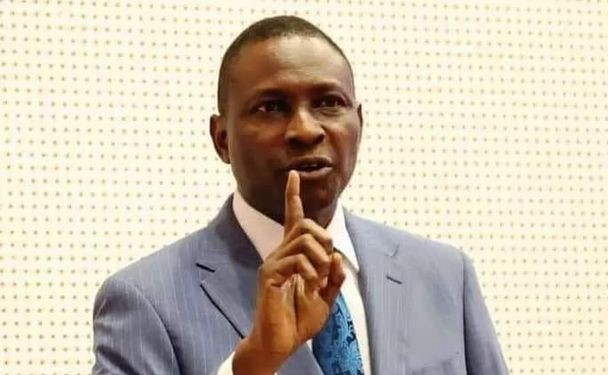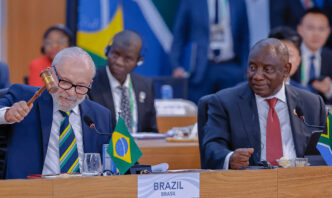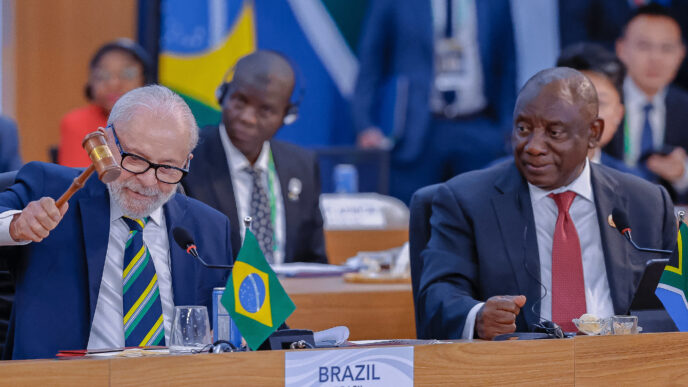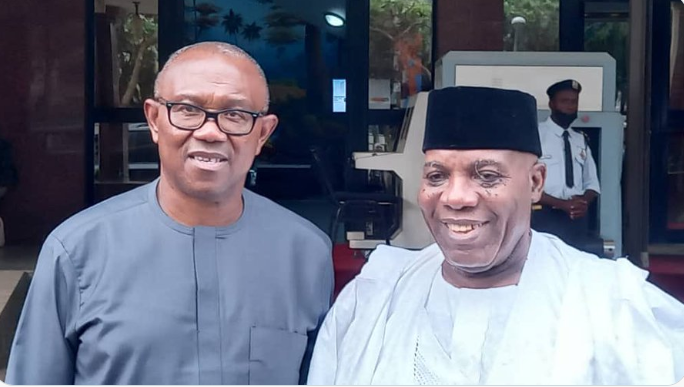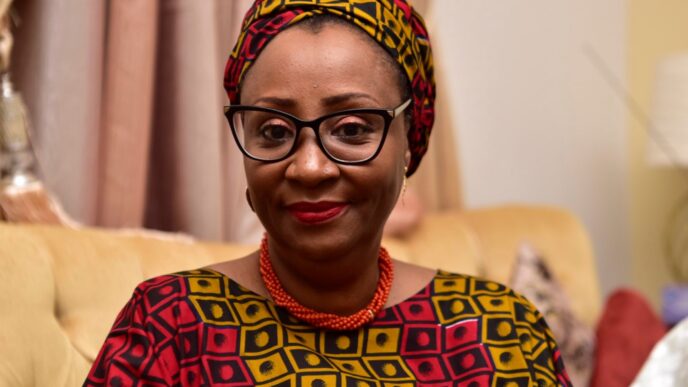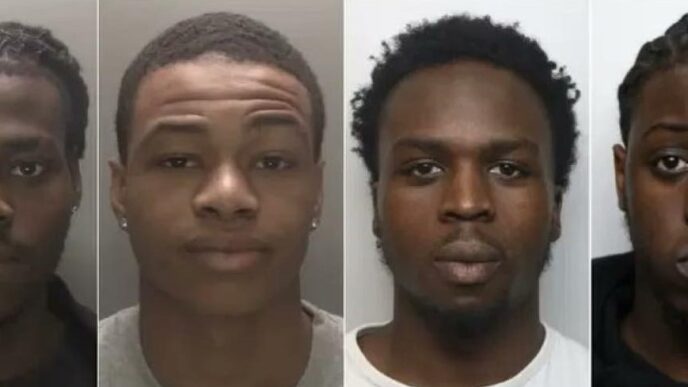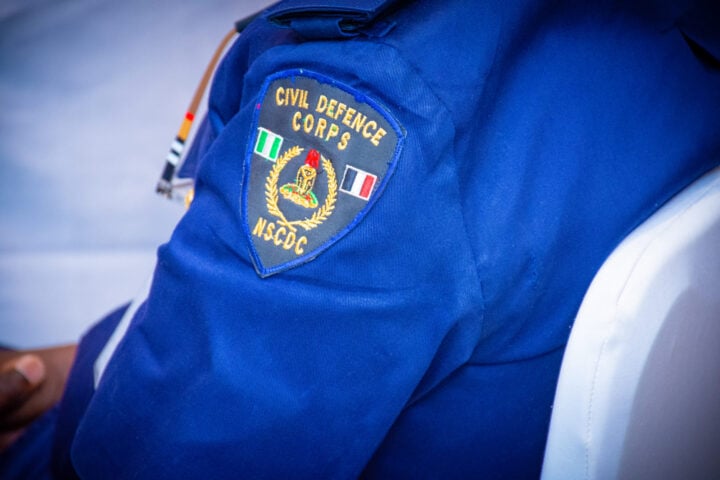Ola Olukoyede, chairman of the Economic and Financial Crimes Commission (EFCC), has announced the dismissal of two officials over alleged corruption.
Speaking on Tuesday at the annual criminal law review conference organised by the Rule of Law Development Foundation in Abuja, Olukoyede said the staff were sacked two weeks ago.
He said the commission is undergoing significant reforms, including addressing staff misconduct.
Olukoyede challenged Nigerians to come forward if they had evidence of him receiving bribes.
Advertisement
“Just two weeks ago, I have cause to dismiss two staff. You can’t be fighting corruption and your hands are dirty,” Olukoyede said.
“He who comes to equity, your hands must also be cleaned. And I say I will not only be dismissing them, I will also be prosecuting them because that is what we prosecute others for.
“So, you will see that we are preparing the case files of some of the people we have dismissed.
Advertisement
“If an EFCC staff will not be able to stand publicly with his two hands up and challenge the entire public… whose goat have I collected? Whose bottle of water have I taken illegitimately?”
“And I have said this to Nigerians; who has ever given me one kobo in the course of my work, come out and say it. I stand to be challenged.
“I can’t be easily influenced by things like that. That’s why we must make up our minds to work together to do the right thing.
“Any staff that is corrupt, I will show you the way out. Again, there are some people who may want to be overzealous. Out of 12, you must have Judas.
Advertisement
“I can’t stand here and say all is perfect. As many as you see, report them to us and we will do justice.”
Olukoyede shared his personal experience of being investigated for two years while serving as the commission’s secretary.
“I am not just sitting there as chairman of EFCC. I have been on the other side,” he said.
“I have been subjected to investigation myself for two years. So I know what it means to subject people to investigations.
Advertisement
“My major objective is to use the instrumentality of this mandate to stimulate the economy and to also follow the rule of law.
“Integrity is not about law, it is not about your advocacy ability to write beautiful briefs. No.
Advertisement
“It is about law and morality. Your conscience must tell you to do the right thing. That is what integrity is all about.
“Finally, ethics, value and standard of legal practice must also be reviewed. These are essential to me because the job of EFCC is to ensure that corruption does not find space in our national life.”
Advertisement
Olukoyede said he welcomes constructive criticism of the agency, emphasising that he is not opposed to scrutiny.
“But let us do it in a responsible way. What do we benefit from running down our institutions? If you notice EFCC is doing anything wrong, come to us,” he said.
Advertisement
“We will sit down and I will explain some reformed agenda we are carrying out. Upon my resumption of office, we have put some reformed agenda in place.
“We have reviewed our arrest and detention policy. I have had cause to investigate a whole ministry; minister, directors and all of that without detaining anybody over night.
“And I got all the information I needed and the matter is going on fine without detaining a single soul.
“But that does not preclude that if there is the need to detain, we do not detain. We have also had cause to equip all our interrogation rooms in compliance with judgment of court.”
’CHARGES LIMITED TO 15 COUNTS’
Olukoyede said the EFCC no longer files “100-count or 150-count charges” which were common in the past.
The chairman said no prosecution should exceed a 15-count charge under his directive.
“If your case is water tight, that is why I will never rush to court until I am sure of my proof of evidence,” he added.
“I vet case files myself, particularly high-profile cases, and the lawyer must give me a draft of the charge.
“We will look at it together, compared with my proof of evidence, sleep over it before I give my go-ahead.
“If we are losing a case, it shouldn’t be on grounds of lack of diligent prosecution.
“If there are other technical issues, fine. But I will be sure that I have done my job and it’s done in such a way that I can defend long after I leave office.”
Joseph Daudu, coordinator of the foundation, said the conference aims to provide a platform for reviewing developments in crime apprehension, prosecution, adjudication, and other post-adjudicatory processes.
On November 15, the supreme court dismissed a suit filed by 16 states challenging the constitutionality of the EFCC Act.
Delivering judgment on Friday, Uwani Abba-Aji, who led a seven-member panel of justices, ruled that “the EFCC Act, which is not a treaty but a convention, does not need the ratification of the houses of assembly”.
Add a comment
